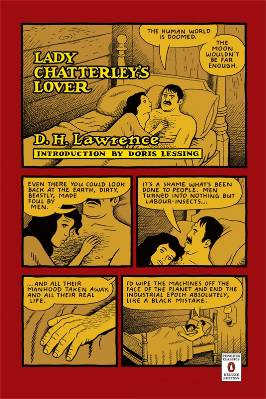- HOME
- INTRO TO THE FORUM
- USE AND MISUSE
- BADLY WRITTEN, BADLY SPOKEN
- GETTING
TO KNOW ENGLISH - PREPARING FOR ENGLISH PROFICIENCY TESTS
- GOING DEEPER INTO ENGLISH
- YOU ASKED ME THIS QUESTION
- EDUCATION AND TEACHING FORUM
- ADVICE AND DISSENT
- MY MEDIA ENGLISH WATCH
- STUDENTS' SOUNDING BOARD
- LANGUAGE HUMOR AT ITS FINEST
- THE LOUNGE
- NOTABLE WORKS BY OUR VERY OWN
- ESSAYS BY JOSE CARILLO
- A Unified Approach To The Proper Use Of Punctuation In English - II
- A Unified Approach To The Proper Use Of Punctuation In English - III
- Steeling Ourselves Against Common Subject-Verb Disagreement Pitfalls
- The Appropriate Way To Position Subordinate Clauses And Phrases
- Please Don’t Wish Me ‘More Power!’
- Let’s Say Goodbye To Those Irritating English Clichés
- ABOUT JOSE CARILLO
- READINGS ABOUT LANGUAGE
- TIME OUT FROM ENGLISH GRAMMAR
- NEWS AND COMMENTARY
- BOOKSHOP
- ARCHIVES
ADVICE AND DISSENT
This section features discussions on education, learning and teaching, and language with particular focus on English. The primary subjects to be taken up here are notable advocacies and contrary viewpoints in these disciplines and their allied fields. Our primary aim is to clarify matters and issues of importance to language and learning, provide intelligent and useful instruction, promote rational and critical thinking, and enhance the individual’s overall capacity for discernment.
Can bad sex in literary fiction be just as enlightening as good ones?
Sex and serious literary work make for uncomfortable bedfellows.
From this notion had grown out a peculiarly British form of disapproval towards the deluge of explicit sex in literary fiction, says Arifa Akbar in “Bad sex please, we're British: Can fictive sex ever have artistic merit?”, an article she wrote for the November 19, 2010 issue of The Independent UK. “The priapic imaginings of otherwise revered writers – Philip Roth, John Updike, Amos Oz, John Banville – were selected and sneered at for inducing the wrong type of grunts and groans, in the annual tradition that has become The Literary Review’s Bad Sex Awards,” Akbar says.
Nominations to the Bad Sex Awards are for writers who fumble, “slip down when they stray into the bedroom,” and get it wrong when they start describing sexual intimacy in their literary work. However, Akbar observes that for all the vituperation that writers get for flubbing their sex scenes, there appears to be little consensus on how to get them right. “Some writers follow the forensic language of anatomy, others adopt metaphor and euphemism, while opponents of literary sex shun it for crass approximations with pornography,” he says.
So does this mean that sex is now on the way out as an important element of—and selling point for—literary work?

The British novelist Doris Lessing, winner of the 2007 Nobel Prize in Literature, doesn’t think so, and she presents a simple convincing argument in favor of giving sex a rightful place in literary fiction. “The description of what happens in the bedroom, between the sexes with all the power-play between the genders is a vital and valid documentation in literature,” Lessing says in her introduction to Penguin Publishing’s 2004 edition of D.H. Lawrence’s Lady Chatterley’s Lover, the novel that marked a decisive blow for literary freedom in 1960 when it was cleared of obscenity charges.
If only for this social documentation purpose, Akbar concludes, bad sex in literary fiction perhaps could be just as enlightening as good.
Click to read responses or post a response
View the complete list of postings in this section
(requires registration to view & post)







